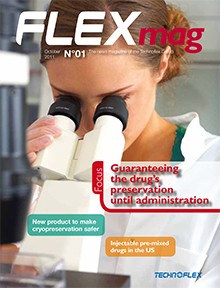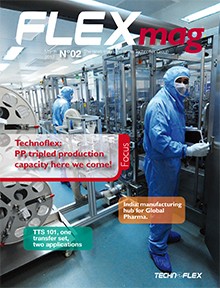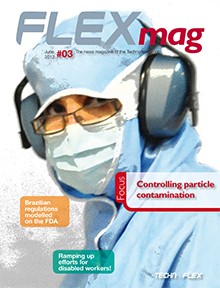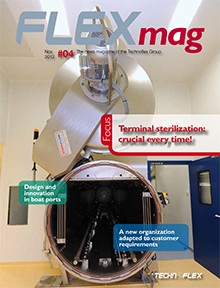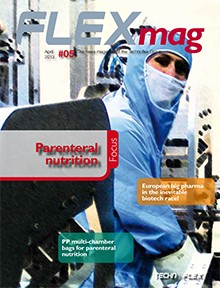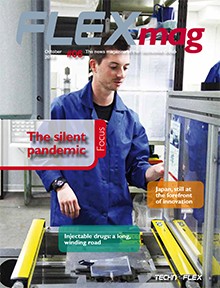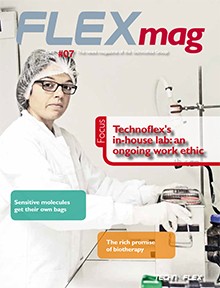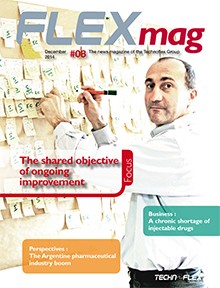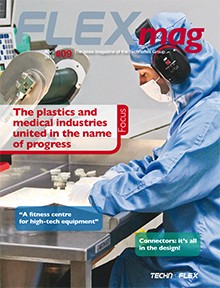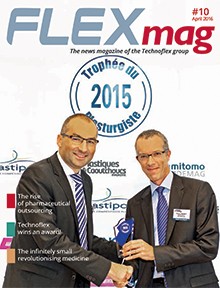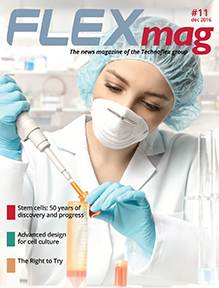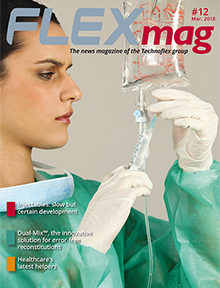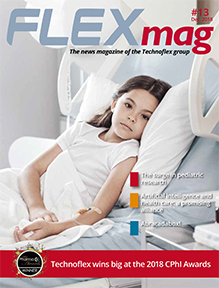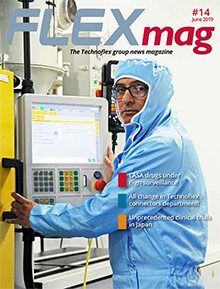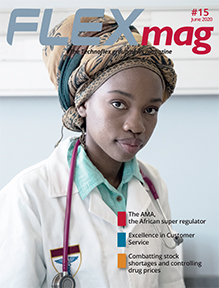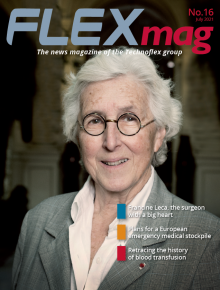Unprecedented clinical trials in Japan
Stem cells have been studied for several decades and still excite as much interest in the scientific world. These include induced stem cells (iPS) discovered by Professor Yamanaka. Once reprogrammed, iPS have the capacity to create all cell types, like embryonic stem cells. They are at the centre of much research work and clinical trials, and through their immense potential, open up new therapeutic prospects.
Last February, the Japanese Minister of Health authorised the fifth gene therapy trial. The application, filed by the team of Professor Hideyuki Okano of Keio University in Tokyo, targets the treatment of spinal cord lesions. It plans to inject several million iPS cells into the dorsal spine. A world first which aims to demonstrate the safety of grafted cells and to validate the transplantation process. The trial will be conducted in four patients injured recently, with spinal cord lesions. They will receive two million iPS cells over two to four weeks following the accident, the period during which the treatment is considered effective. The patients treated will then be monitored for one year.
In the autumn of 2018, a gene therapy trial evaluating the treatment of Parkinson’s disease was also conducted. The team of Professor Jun Takahashi of the University of Kyoto transplanted more than two million iPS cells into the left hemisphere of the brain of a 50-year-old patient. After a postoperative period of six months without complications, the right side of the brain will also receive a transplant. The trial provides for a monitoring period of two years.
The subject of the first trial in 2017 was the treatment of age-related macular degeneration (ARMD). During surgery, five patients received an injection of iPS cells in their eyes. Two years later, the results are positive: the vision of four patients has ceased to decline, and that of the last patient has improved. The surgeons of Kobe Hospital and the researchers of the Riken Institute now envisage new trials to optimise the fields of application.
Sylvie Ponlot





